Prepairing a large weeded area for planting?
steven71
17 years ago
Related Stories
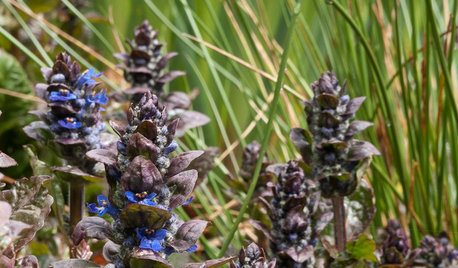
GARDENING GUIDESGreat Design Plant: Bugle Weed, a Quick Ground Cover
It’s highly adaptable, suppresses weeds, reduces erosion and provide weeks of bright flowers. Just watch for invasiveness
Full Story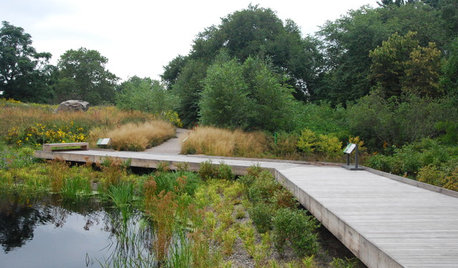
GARDENING GUIDESLet's Weed Out 4 Native Plant Myths
Plant wisely for a garden that supports pollinators and requires less work
Full Story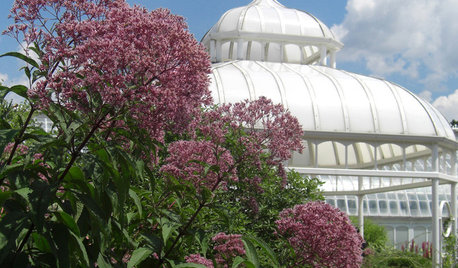
FLOWERSGreat Design Plant: Joe Pye Weed
This unsung beauty tolerates wet soil, provides beautiful late summer blooms and attracts butterflies and hummingbirds
Full Story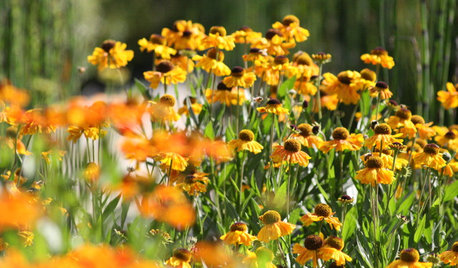
GARDENING GUIDESWhat’s in a Name? See 6 Wildflowers That Aren’t ‘Weeds’ at All
Dispel the stereotypes of weeds and try these wildlife-supporting native wildflowers in your garden
Full Story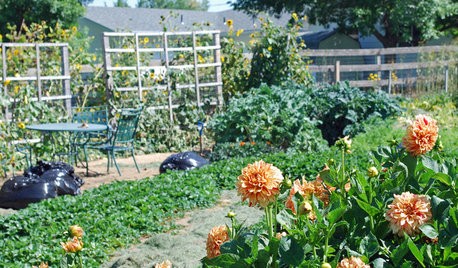
GARDENING GUIDESTackle Weeds the Natural Way
Instead of dousing your yard with chemicals to wipe out weeds, let time and nature work their magic via smothering and solarization
Full Story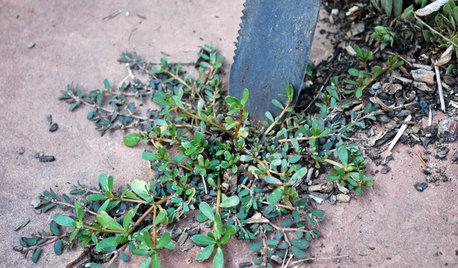
GARDENING GUIDES5 Ways to Naturally Win the Weed War
Show irksome weeds no mercy with these tricks for combating them sans chemicals
Full Story
EDIBLE GARDENSNatural Ways to Get Rid of Weeds in Your Garden
Use these techniques to help prevent the spread of weeds and to learn about your soil
Full Story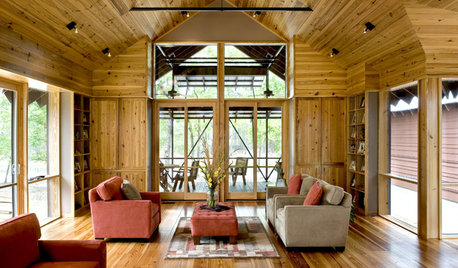
HOUZZ TOURSHouzz Tour: From Overgrown Weeds to Picturesque Farmhouse Expanse
This once-neglected 100-acre South Carolina site now features a lake, a wood-filled farmhouse and a far-reaching view
Full Story
GARDENING FOR BUTTERFLIES3 Ways Native Plants Make Gardening So Much Better
You probably know about the lower maintenance. But native plants' other benefits go far beyond a little less watering and weeding
Full Story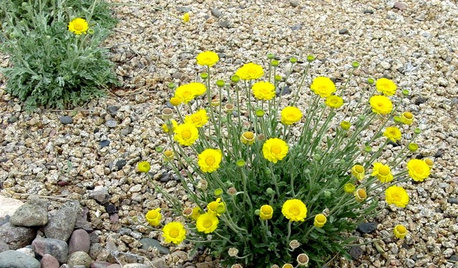
GARDENING GUIDESGreat Design Plant: Desert Marigold Cheers Up Hot, Dry Areas
Sunny but tough, this perennial thrives with little water and lots of sun
Full StorySponsored
More Discussions






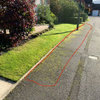
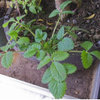
ms_minnamouse
Kimmsr
Related Professionals
Lakewood Landscape Architects & Landscape Designers · Port Royal Landscape Architects & Landscape Designers · Saint Matthews Landscape Architects & Landscape Designers · White Oak Landscape Architects & Landscape Designers · Centereach Landscape Contractors · Darien Landscape Contractors · Lexington Landscape Contractors · Matteson Landscape Contractors · Pleasant Prairie Landscape Contractors · Ridgewood Landscape Contractors · Roseville Landscape Contractors · Shirley Landscape Contractors · West Haverstraw Landscape Contractors · West Orange Landscape Contractors · Silver Firs Landscape Contractorsbusylizzy
fernisland
fernisland
Mary4b